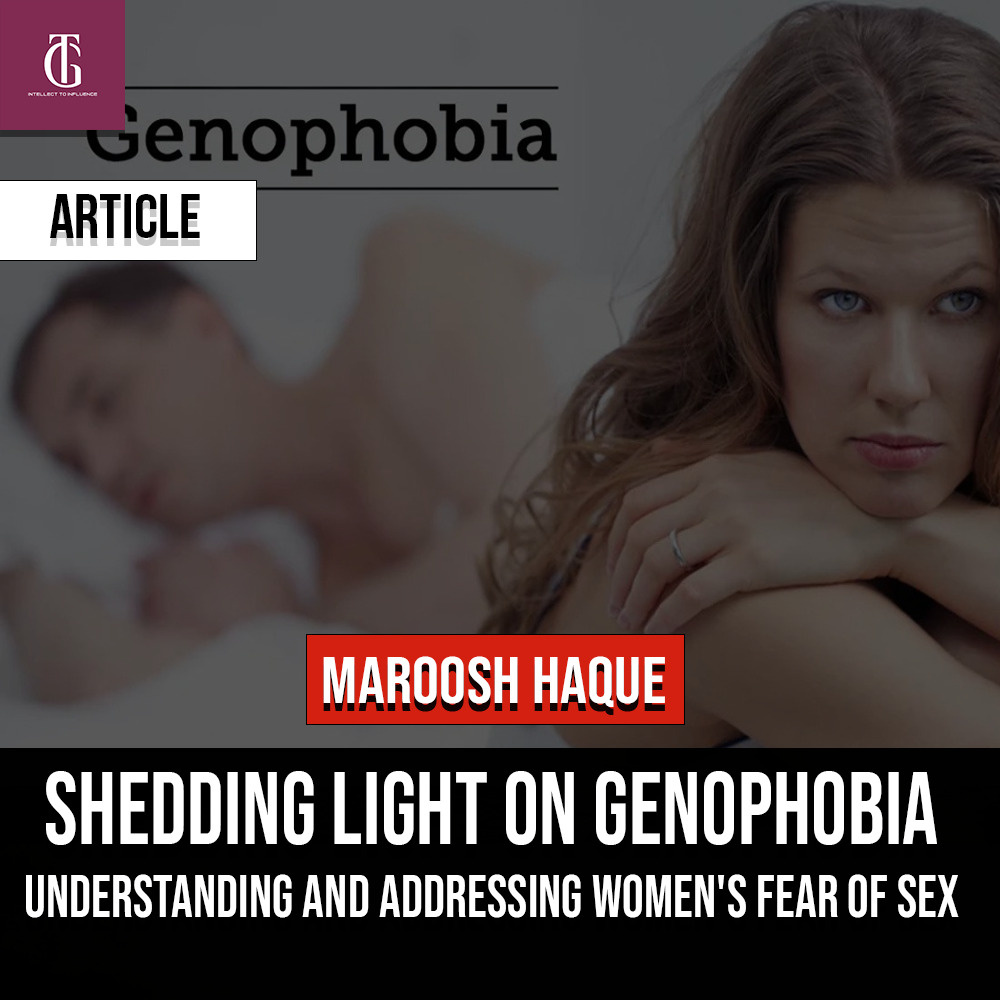
Introduction
In the realm of sexual health, there exist various conditions that can significantly impact an individual’s well-being. One such condition is genophobia, which refers to an intense and irrational fear of sex. In recent times, there has been an increasing number of women experiencing genophobia, leaving their partners bewildered and women themselves grappling with the resulting mental health problems. This article aims to raise awareness about genophobia, shed light on its causes, and provide guidance for both women and their partners on how to navigate this challenging condition.
Understanding Genophobia
Genophobia often stems from a variety of underlying factors, such as traumatic experiences, previous sexual or physical abuse, anxieties related to performance or expectations, cultural or religious beliefs, or even medical conditions. It is essential to recognize that genophobia is a legitimate and complex issue that requires empathy and support from those involved. The Emotional
Toll on Women
For women living with genophobia, it is crucial to acknowledge the profound emotional toll this condition can have on their mental health. Experiencing fear, anxiety, guilt, shame, and a sense of inadequacy, these women often struggle with their self-esteem and overall wellbeing. Education and open dialogue regarding genophobia can help break down societal stigmas and provide women with the support they need in navigating this challenging journey.
Supportive Partnerships
One of the critical aspects in addressing genophobia is developing open and supportive communication within relationships. Partners must strive to create an atmosphere of trust, empathy, and understanding. A key component is fostering a safe space where women feel comfortable sharing their fears and concerns without the fear of judgment. Encouraging professional help, such as therapy or counseling, can be instrumental in guiding both partners towards effective solutions.
Seeking Professional Help
Genophobia is a complex condition that often requires professional support for diagnosis and treatment. It is crucial for women experiencing genophobia to consult with a qualified mental health professional, such as a therapist or a counsellor, to explore the underlying causes and develop coping strategies specific to their needs.
These professionals can help individuals work through their fears, anxiety, and trauma, empowering them to regain control over their sex lives and overall well-being.
Empowering Women
Regardless of the approach to treatment, it is essential to empower women to advocate for their needs and encourage self acceptance during their journey with genophobia. This process may involve a variety of approaches, including self-care practices, guided exposure therapy, mindfulness techniques, healing from past traumas, and actively involving partners in the recovery process. Each woman’s path to healing will be unique, and it is vital to emphasize the importance of patience and compassion during this transformative journey.
Conclusion
Genophobia can severely impact a woman’s mental health and overall well-being if left unaddressed. By shedding light on this issue, we hope to raise awareness and promote understanding and empathy for women facing this challenge.
Through education, open dialogue, and professional support, women and their partners can navigate genophobia with resilience and foster healthier and more supportive relationships. Remember, seeking help is a sign of strength, and together, we can create a world that supports the sexual wellbeing and emotional health of all individuals.

Maroosh Haque
Maroosh Haque is a Artisan , Designer and a Social Worker.






Awesome! It is an excellent piece; reading it has given me a lot of clarity.